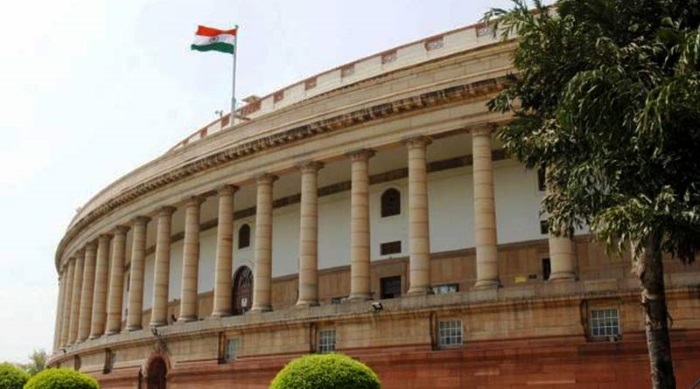Combating against population explosion; Private Member’s Bill calls for two-child norm
Total Views |
New Delhi, Jul. 13: India is one of the most populated countries in the world. On one side, the population is human resource, but on the other side, it is a major pressure on natural resources.

To curb this population explosion and managing national human resources, The Population Regulation Bill, 2019, introduced by Rakesh Sinha in the Upper House, suggests that people with more than two living children should be “disqualified” from being chosen as an MP, MLA or a member of any body of the local self-government after the commencement of the Act.
This act suggests, Seeking to enforce a two-child norm by giving incentives for those adopting the small family practice and penalties for those contravening it. Similarly, it suggests that government employees should give an undertaking that she or he will not procreate more than two children.
Act also states those government employees who have more than two children on or before the commencement of the Act should be exempted. As per the act, Other penalties include a reduction in subsidies on loans and interest rates on savings instruments, reduction in benefits under the public distribution system, and higher than normal interest rates for availing loans from banks and financial institutions.
On this bill, Rakesh Sinha said, “his private member’s Bill was not aimed at any religion, caste or community”. He also stated, according to UN population projections, India is expected to become the most populated country by 2050.
He said, “(The Bill) is intended to create a balance between people and resources, human resources as well as natural resources”.
Further, Sinha said, “72 districts in the country have a total fertility rate of more than four children per woman, and among them, “there are many districts which are dominated by minorities”. He added, “There is also a case of regional imbalance ...while the southern and western states are better off, in the northern and eastern states of India, birth control is either not accepted or not applied. So it is a multi-dimensional problem. Regional, resources, religion – all three factors are there.”
The provisions of the Bill also list out several benefits for Central and public sector enterprise employees who adopt the two-child norm “by undergoing sterilization operation himself or of the spouse”.